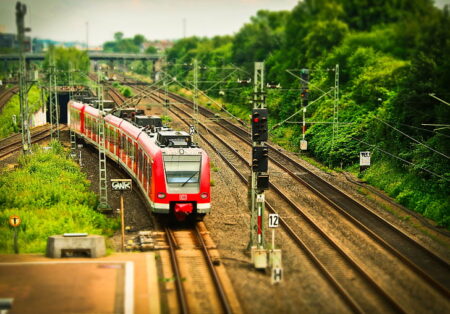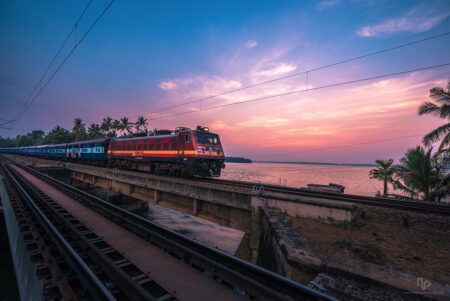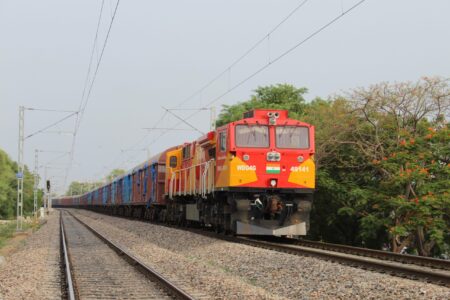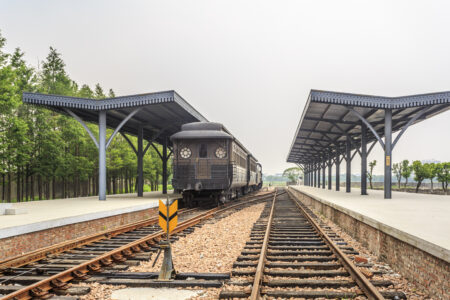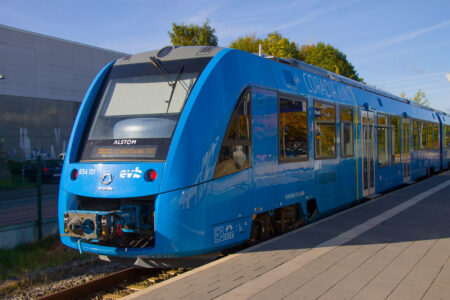The initiative aims to enhance freight capacity and reduce congestion in key railway sections.
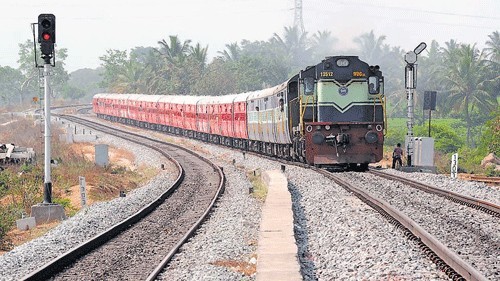
The Union Cabinet has approved a multi-tracking project for the Ministry of Railways in Uttar Pradesh, with an estimated cost of ₹2,642 crore. This initiative is set to significantly enhance operational efficiency and reduce congestion on some of the busiest railway sections in India, particularly through the Varanasi and Chandauli districts.
The project aims to augment freight capacity by an estimated 28 million tonnes, with each additional million tonnes contributing approximately ₹10,000 crore in revenue to the national transporter. This development is expected to improve logistical efficiency by connecting previously unconnected areas and enhancing transportation networks, which will streamline supply chains and drive economic growth in the region.
Key infrastructure upgrades, including a new rail-cum-road bridge over the Ganga River and the addition of third and fourth railway lines, are vital to addressing the heavy congestion on the Varanasi-Pt. Deen Dayal Upadhyaya (DDU) Junction route. This route is essential for both passenger and freight traffic, facilitating the transport of goods like coal, cement, and foodgrains while catering to increasing tourism and industrial demands.
The project aligns with Prime Minister Narendra Modi’s vision of a self-reliant India (Atmanirbhar Bharat), promoting comprehensive regional development and enhancing employment opportunities. It is a key component of the PM-Gati Shakti National Master Plan for multi-modal connectivity, emphasising integrated planning for seamless movement of people, goods, and services.
Covering two districts in Uttar Pradesh, this project will expand the existing Indian Railways network by approximately 30 kilometers. As a more environmentally friendly and energy-efficient mode of transportation, Indian Railways aims to minimise logistics costs, achieve climate goals, and lower CO2 emissions by an estimated 149 crore kg, equivalent to the planting of six crore trees. The project is expected to be completed within four years, marking a significant step toward bolstering India’s freight and logistics landscape.






